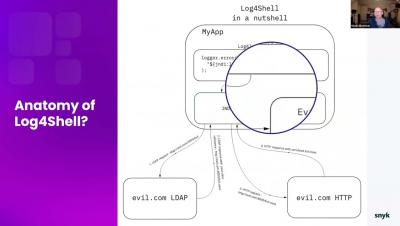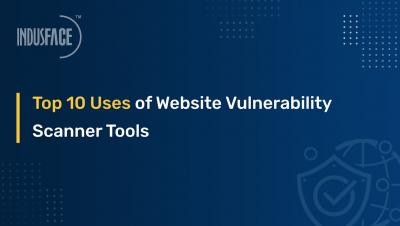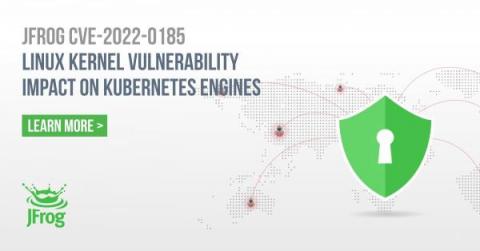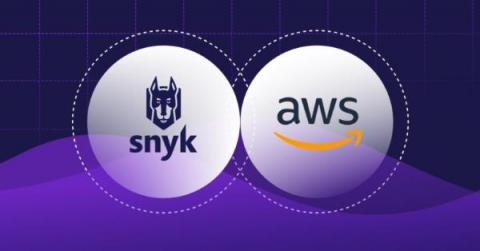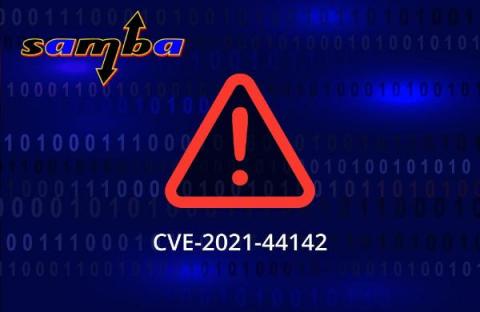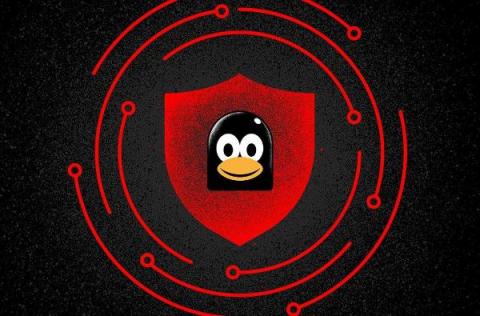Fun with ciphers in copycat Wordles
Here at Snyk, we spend a lot of time researching vulnerabilities. We do that because there are a lot of other folks out there researching new ways to break into apps and systems. We’re often putting on our “grey hats” to think like a malicious hacker. I regularly view-source, look at network traffic and eyeball query strings. One such delicious little query string caught my attention this week on one of the many copycat Wordle sites.



